Erik Asleson, a current student at American River College and vice president of the 99 Rise club on campus, is one of many citizens concerned that rising income inequality is putting out the fire of democracy that this country was founded upon.
“Democracy is being eviscerated. What we know as democracy is not something our forefathers knew,” said Aselson, 36, who is majoring in Sociology. “It is being turned into a plutocracy, a society that is run by the wealthy, for the benefit of the wealthy.”
Income inequality amongst the top-earners of the United States has eclipsed the earnings of middle and lower class workers so much that, according to the Washington Center For Equitable Growth, the top tenth of one percent of families now own nearly the same share of wealth as the bottom 90 percent.
Let’s really put that in perspective. Essentially, one-thousandth of the U.S. population owns one-fifth of its wealth.
This alarming statistic is a wake-up call of epic proportions. Young Americans are going to have to step up to the plate and make their voice heard, and not in a fly-by manner that consists of a protest for a few months before everyone returns back to their false semblance of normalcy.
A quick look through the income trends shows that such a pattern was actually reversing during the 1930s as part of FDR’s New Deal, but began rearing its ugly head once again in the 1970s.
This is not a problem unique to just the United States either. A report released by Oxfam last year garnered attention by highlighting just how far this income disparity stretches across a global scale. 80 of the richest people on the planet own the same wealth as the poorest 50 percent, or 3.5 billion people.
Oxfam International Executive Director Winnie Byanyima summarized just how real of a problem this has become. “Extreme inequality isn’t just a moral wrong. We know that it hampers economic growth and it threatens the private sector’s bottom line,” she said.
The statistics speak for themselves. Income inequality is a very real problem that has continually been fostered, nurtured, and allowed to run amok, and the generations of tomorrow will be forced to carry this burden on their shoulders.
I was continually told in my youth that college was an opportunity to earn an education that could lead to a financially prosperous career, one free from the day-to-day worries of things like basic survival.
However, I begin to question the validity of that notion when debt, which can rise into the six-figures, becomes an almost essential expense associated with this endeavor, and with a shrinking job market that sees a significant portion of graduating students facing an improbable reality – the inability to get a job in the field they tirelessly worked hard for.
Despite these hardships, a small sliver of the population will never know of these worries – and forecasted by the lackluster attempts of our crony politicians – seem to appreciate maintaining the status quo.
“The amount of spending for elections that occurred in 2014 has already historically been the highest its ever been, and the trend is not slowing down…who are we voting for, the person who spends the most money?” said Asleson.
“Whoever can spend the most usually wins, and that is not democracy, period.”
Highlighting the specific legislation that has allowed such a rampant situation would constitute another article altogether, but in the realm of politics, the Citizens United ruling stands as an integral obstacle on the road to a fair, more open political campaign process.
Citizens United v. Federal Election Commission, decided in January 2010 by the Supreme Court, tossed out the corporate and union ban on making independent expenditures to a politician’s campaign. Essentially, it now allows uncapped access for private donors to contribute as much money as they want to a politician’s campaign.
One ineffective stipulation remains. The money cannot be directly given to the politician, but can be used to run ads and promotional materials endorsing that candidate.
For those with countless sums of money at their disposal, this poses no obstacle. According to the Washington Post, the Koch brothers, stalwarts of conservative advocacy groups, plan on spending $889 million during the 2016 election cycle.
That is over double the $400 million they contributed to conservative groups in 2012.
“Corporations are not people, and money is not equitable with speech…legislation like Citizens United, which allows unrestricted funneling of money from special interest groups, corporations, super PACS, and other groups to be used for a politician’s campaigns, needs to be be overturned immediately,” said Aselson.
What exactly is being done? There is talk from lobbyists, politicians, corporations, and other public officials that belong to the upper income-echelon of society, but this is the same talk that has been occurring since the 1970’s.
With rulings like Citizens United exposing the lackluster attempts by legislators to ensure a more open and fair political process, is it any stretch to imagine just how uninterested they are in repealing legislation that benefits the bottom line of corporations and large entities at the expense of the average Joe and Jane?
At this point, we are on a verge of cataclysmic implosion.
An intuitive approach from the public education system to help build and foster young Americans’ wealth potential is essential. The truly affluent in this country have a firm understanding of the mechanics that helped to solidify their wealth in the first place.
Stocks, investments, certificates of deposit, and other forms of savings accounts and interest-building accounts remain some of the most powerful tools available to Americans not born into a pocket of gratuitous wealth.
Giving low and middle class citizens the education to take advantage of these tools in a similar manner to how basic English and Math skills are taught can serve to help change this extremely lopsided dynamic.
Standing up to the crony rulings and regulations in place that have now permanently kept political office out of reach for those without bottomless incomes is more essential than ever.
“With the 99 percent at such a disadvantage, whose voice is really being heard…is the person donating one dollar given the same consideration as someone who give a million? Absolutely not, and the longer that this continues, the more possible it becomes that our children and their children will not even know what democracy even looks like,” said Aselson.
If we do not address this problem head-on and choose to ignore the elephant in the room, we face a crisis of complete economic implosion, one that will end up affecting everyone – even the top tenth of one percent.


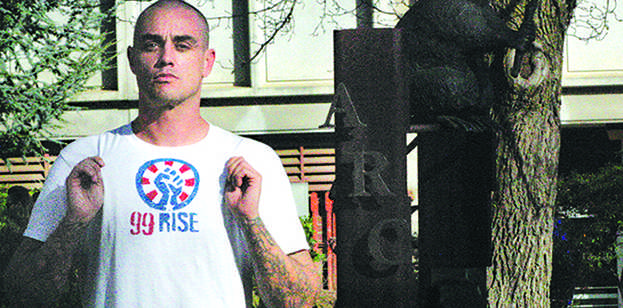

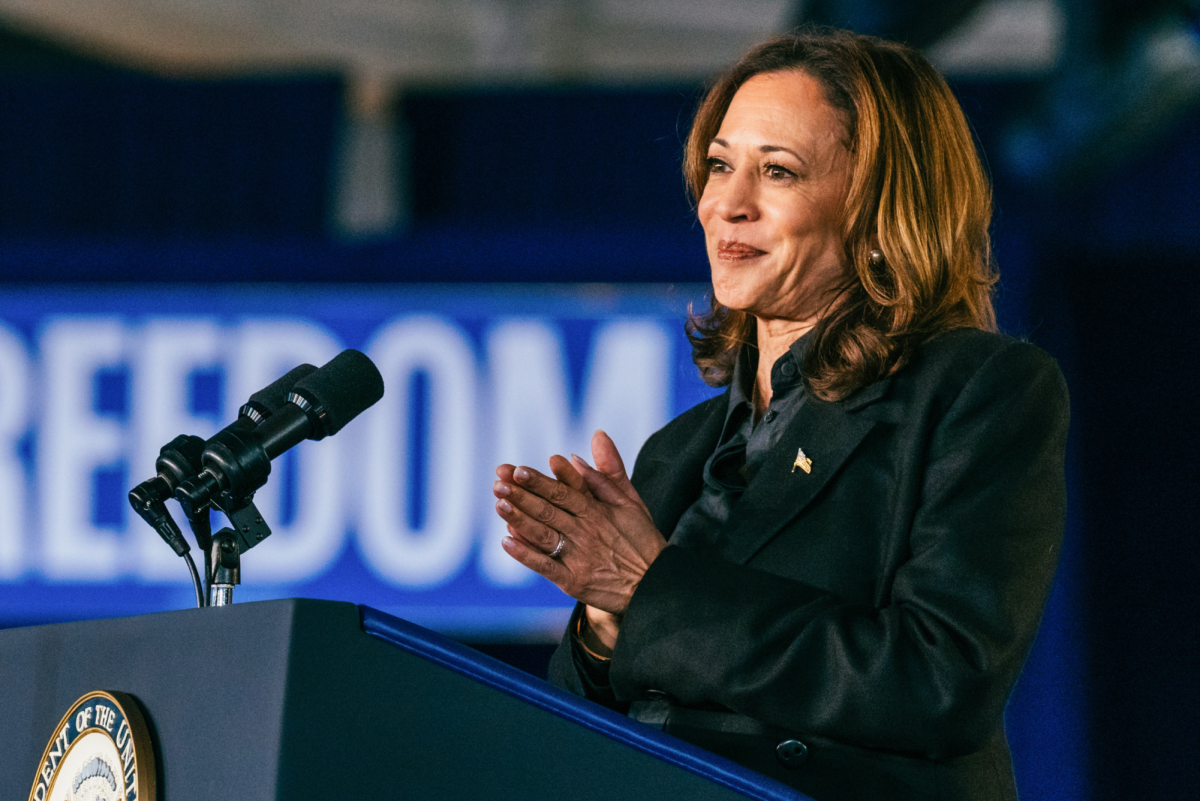

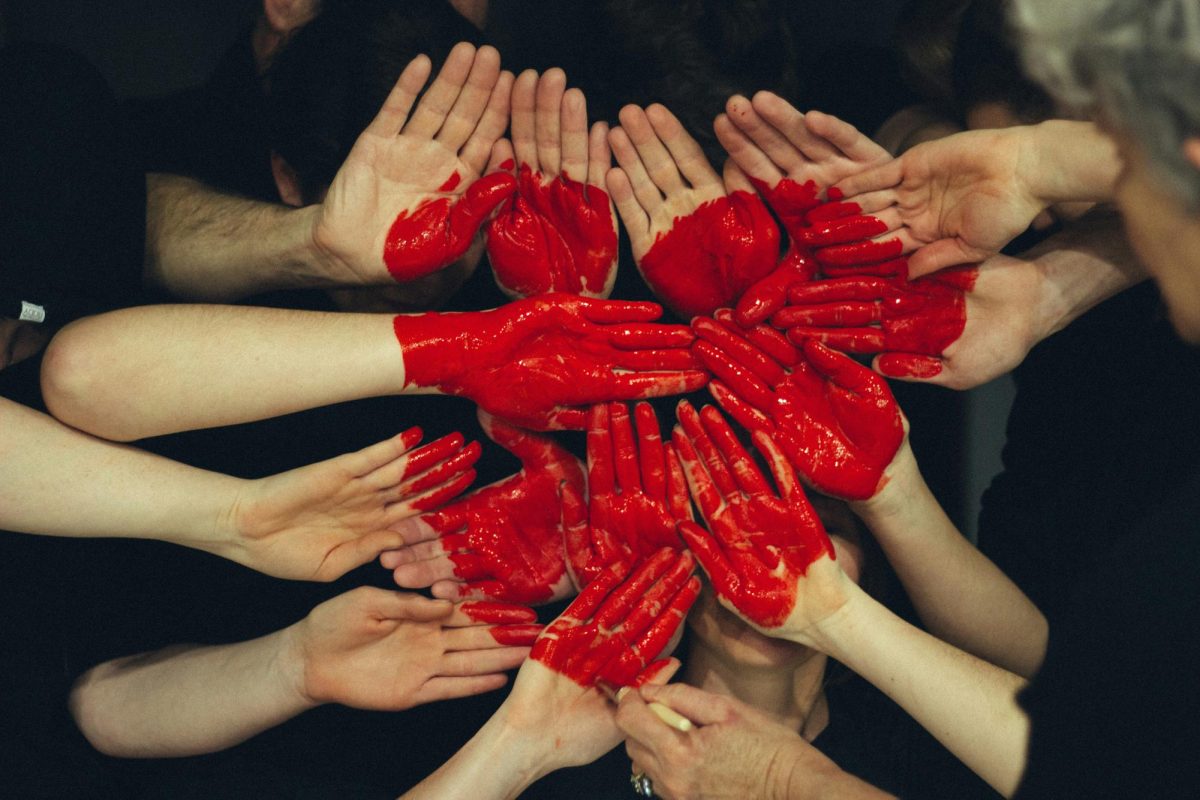

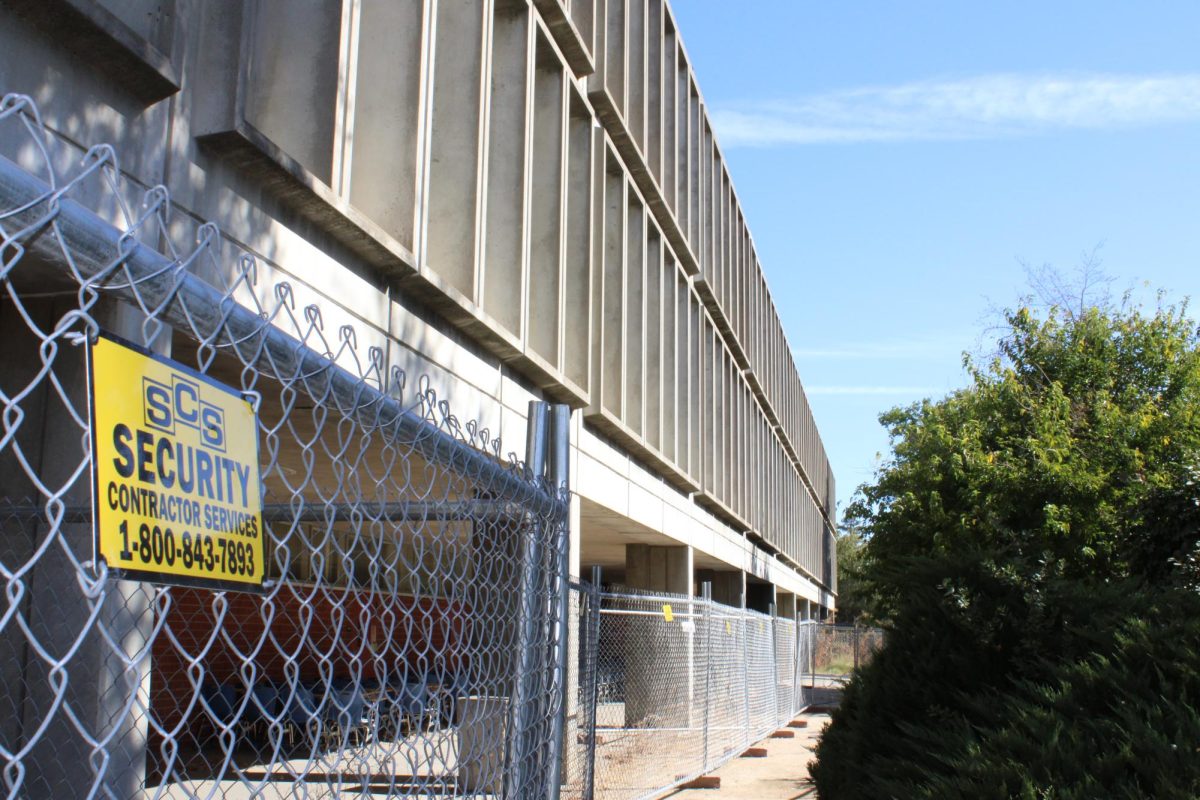
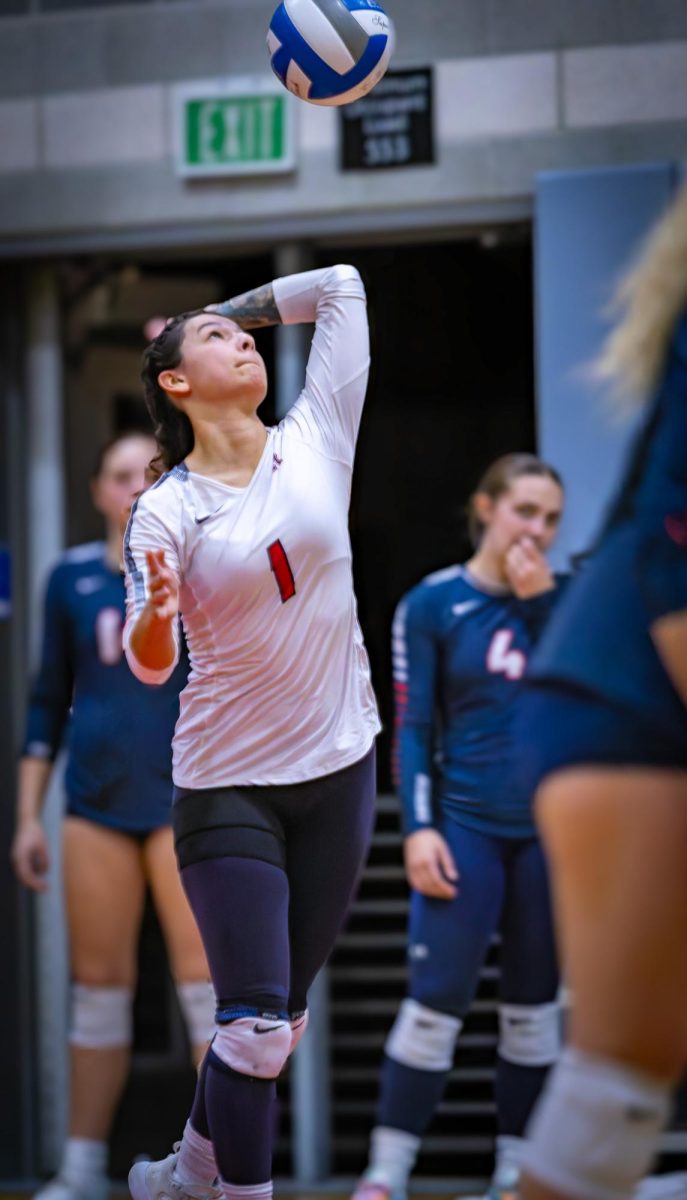
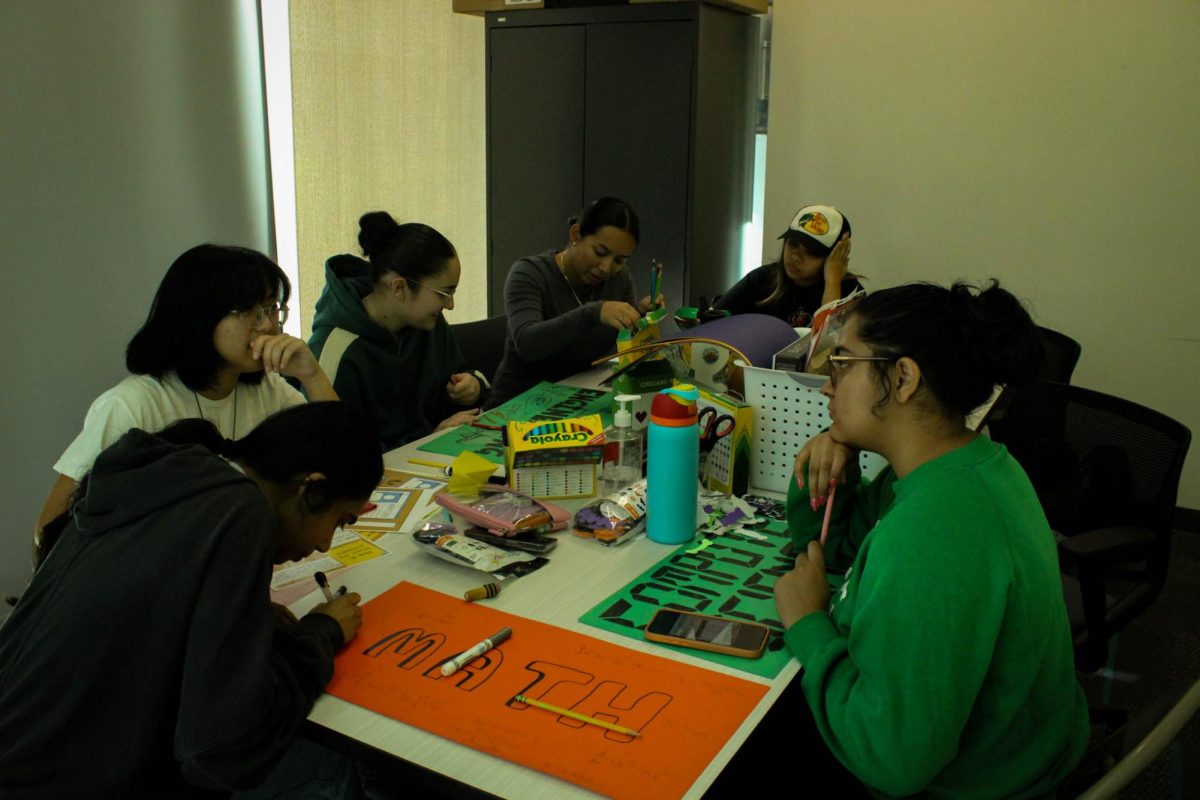
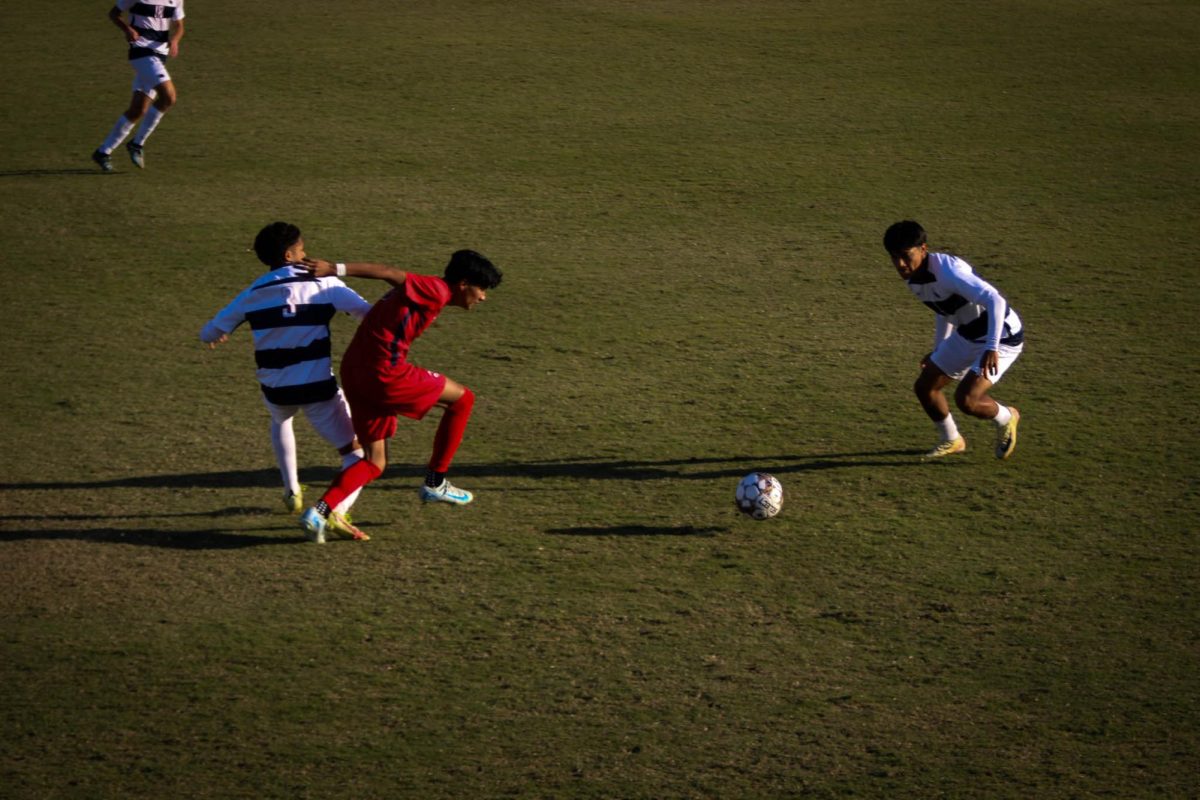
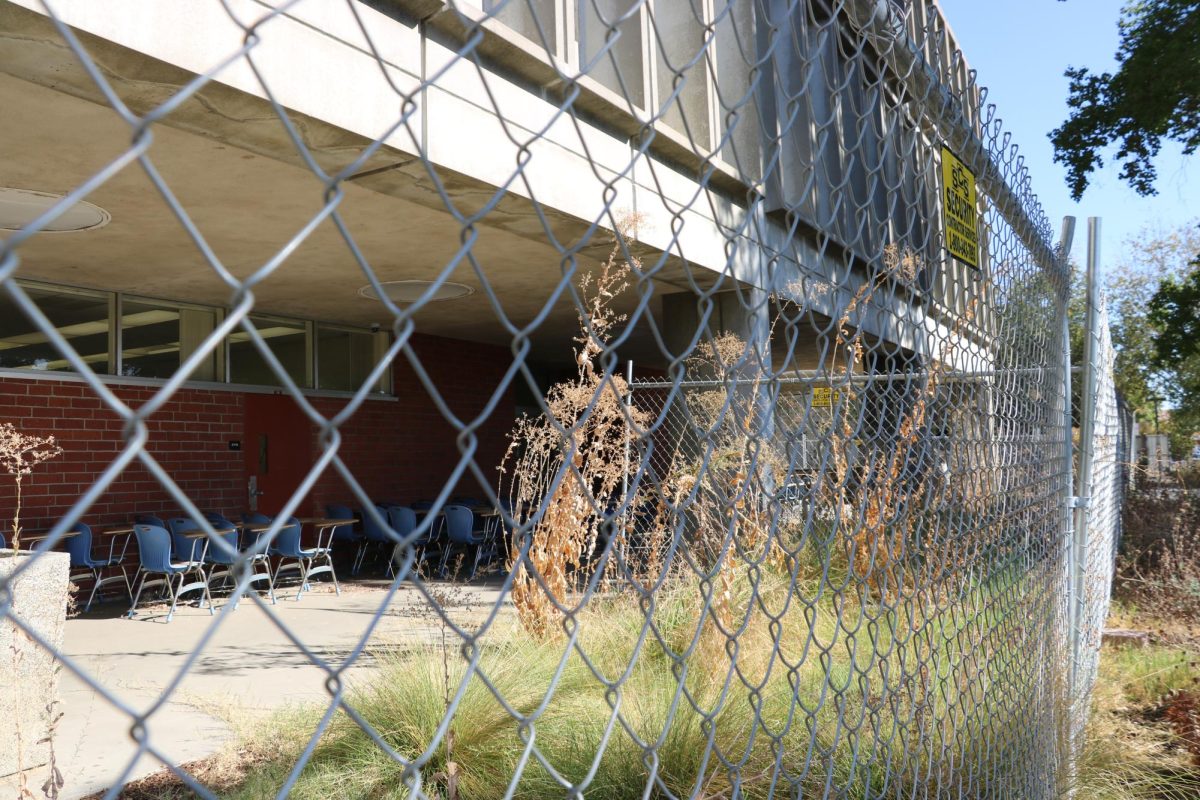
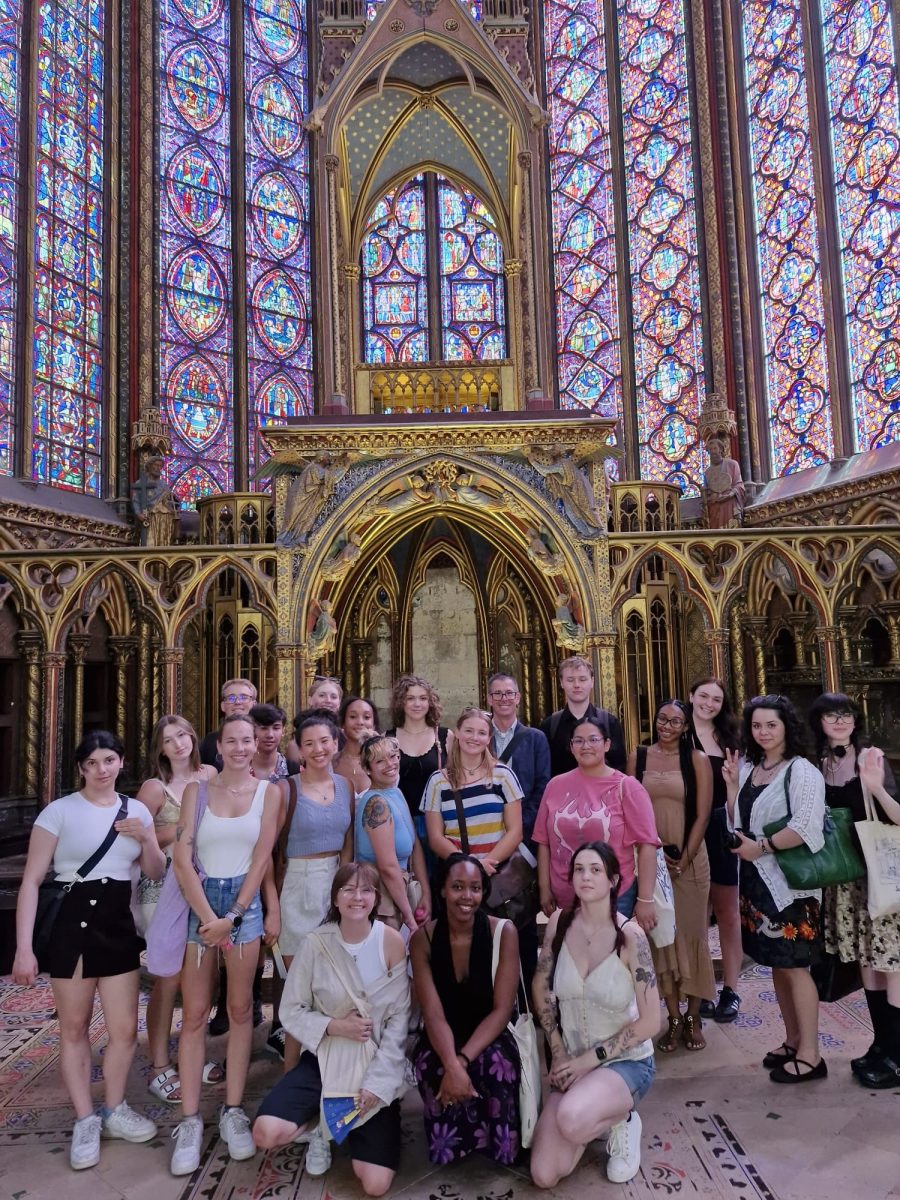
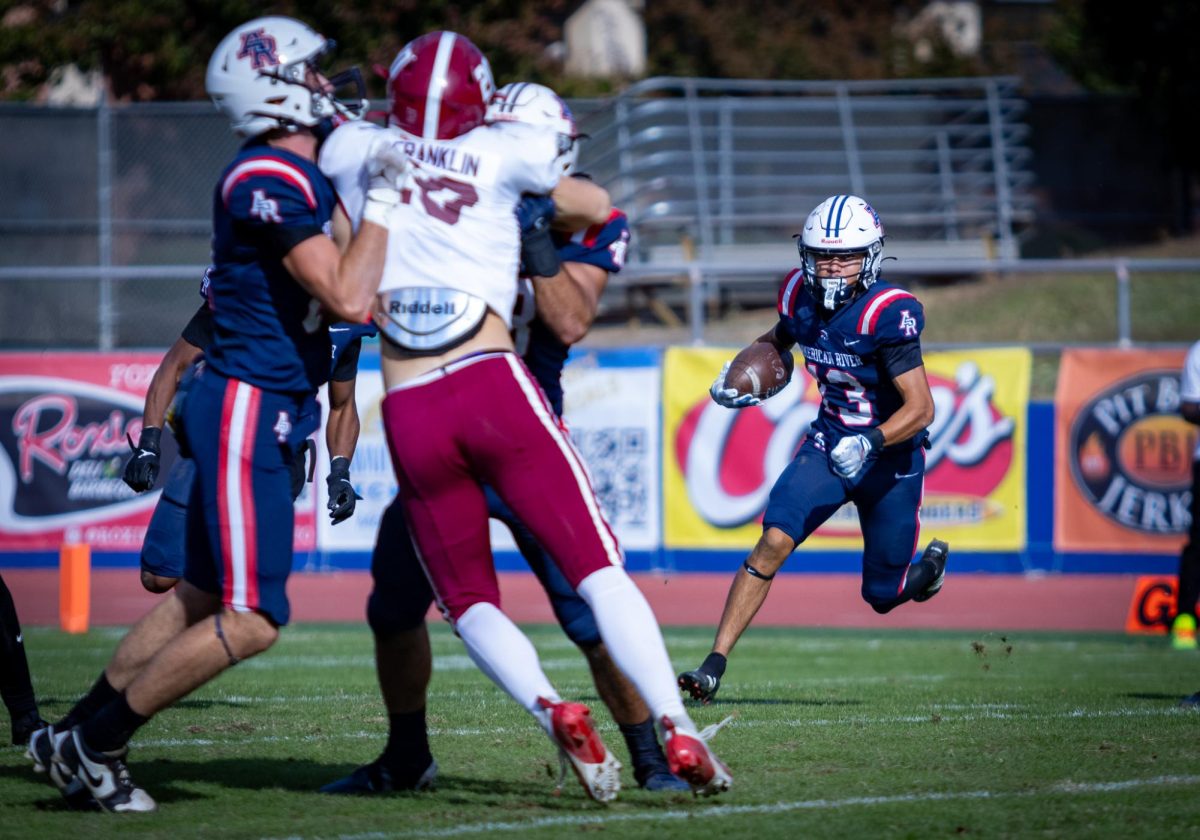
Brad C. • Feb 20, 2015 at 6:08 am
Most bank accounts for the poor and middle class do not offer interest rates that will ever meaningfully appreciate in value. Your assessment is true, but I suggest looking to the community to improving our collective potential, rather than trying to reignite the ashes of the burnt-out American dream.